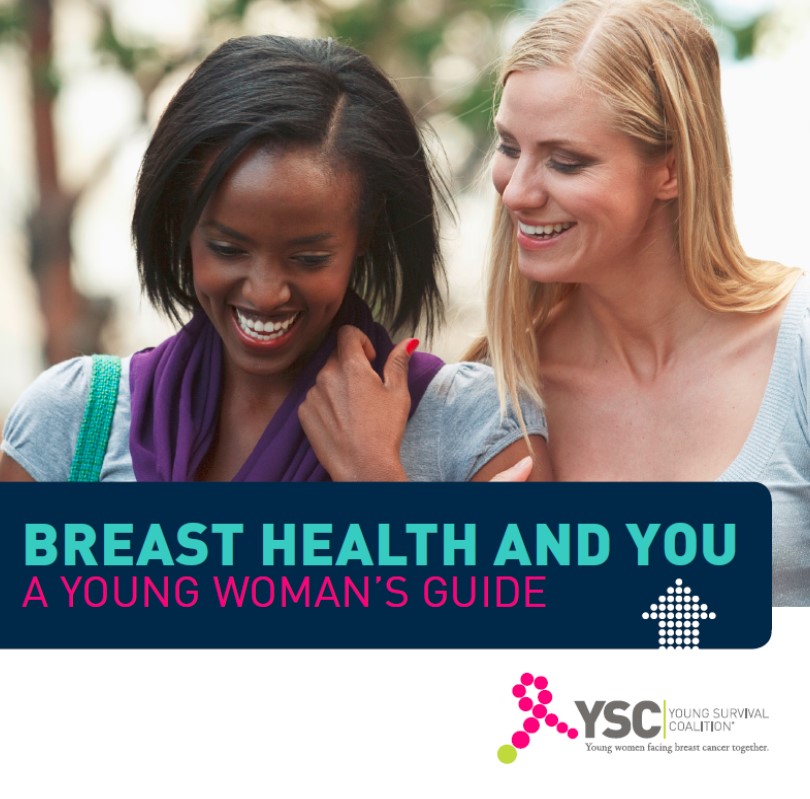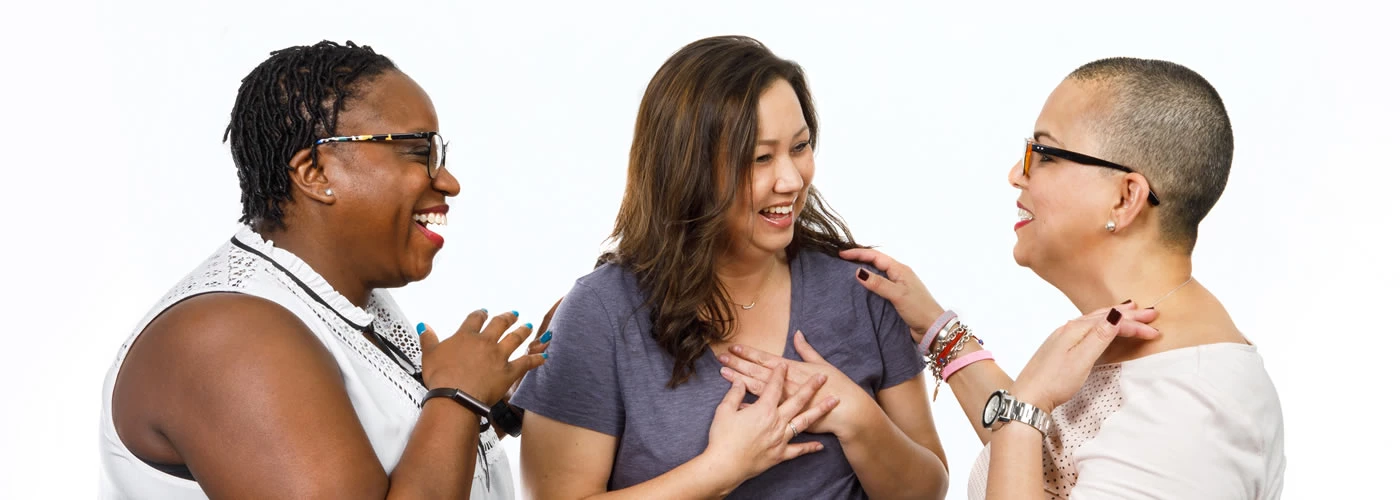Unless you have been living under a rock, you are likely very aware of breast cancer. But what you might not know is that young women CAN and DO get breast cancer. I always thought breast cancer was a disease that only impacted women my mother or grandmothers age. I had no idea that the disease also affected young women until my own diagnosis at age 27, while pregnant with my first child.
Know the Risks
Breast cancer statistics say it's the most common cancer in women ages 15 to 39. And more than 12,000 cases of breast cancer are diagnosed in women under age 40 every year in the U.S. While breast cancer can not be prevented, being an informed and empowered advocate can go a long way for your health.

Risk factors include anything that increases your chance of developing breast cancer. There are some breast cancer risk factors you can control and others you cannot. Here's what you need to know:
Risk Factors You CANNOT Control
- The fact that you are a woman
- Getting older
- Family history of breast cancer
- Having breast cancer in the past
- Chest exposure to radiation when you were a child or teenager
- First menstrual period earlier than age 12
Risk Factors You CAN Control
- Maintain a healthy weight
- Limit alcohol use
- Exercise regularly
- Have your first child before age 30, if possible
- Breastfeed, if possible
Educational Resources
Talk to your family about a history of breast or other cancers on both sides of your family. Use the handy family tree in our Breast Health and You guide to help get the conversation started.
Download Guide
Signs & Symptoms of Breast Cancer
It is important to understand that you are looking for more than just a lump. Get familiar with your breasts and aware of the signs and symptoms of breast cancer. Nearly 80% of young women diagnosed with breast cancer find their abnormality themselves. Tell your doctor right away if you notice any changes in your breasts.
- A lump or unusual thickening in the breast or underarm area
- A change in color or rash on the skin of the breast
- Unusual nipple discharge
- Swelling of all or part of the breast
- A change in size or shape of the breast
- Itchy, sore or scaling of the nipple
- Dimpling on breast skin or nipple turning inward
- Breast or nipple pain that does not go away
If you experience any of the above symptoms, consult your physician. If your concern is not taken seriously, you may have to insist on discussing whether further testing is appropriate.
What Can You Do to Prevent Breast Cancer?
Breast cancer cannot be prevented, but there are ways you can achieve an overall healthy lifestyle in mind, body and spirit to decrease your risk.
Learn More
- Eat balanced meals with many fruits and vegetables
- Drink plenty of water
- Get regular exercise
- Support bone health through physical activity and appropriate intake of vitamin D and calcium
- Limit your alcohol use to no more than one glass a day
- Get enough rest
- Reduce stress
- Pray, meditate or just find private time for yourself
- Make time for enjoyable and fun activities
- Do not smoke




